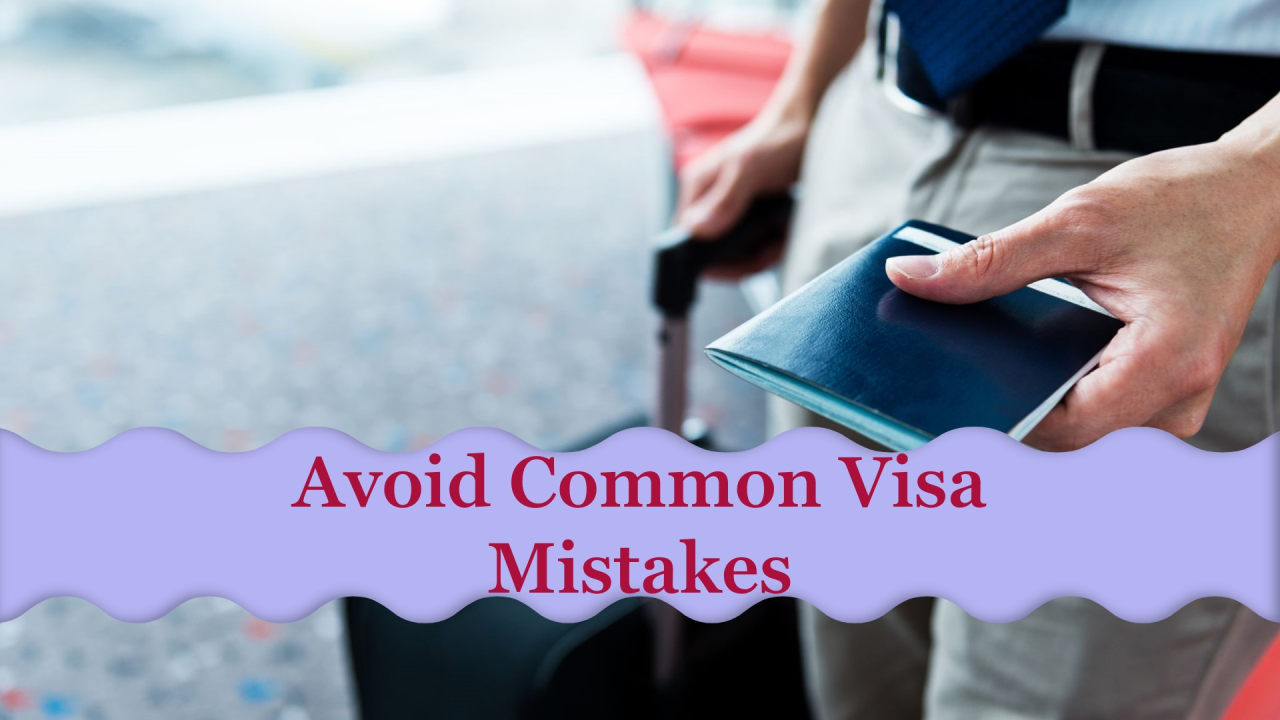Most Common Visa Mistakes International Students Make

Studying abroad in Europe is an exciting opportunity, but securing a student visa for countries like Lithuania and Poland can be challenging. With Lithuania’s streamlined Migration Information System (MIGRIS) and Poland’s tightened visa policies (38% rejection rate in 2024), even small errors can lead to delays or denials. At EERIV Europe, we’ve helped thousands of international students achieve visa success rates of up to 98.7% in Lithuania and similar success in Poland. To ensure your application is smooth, we’ve outlined the most common visa mistakes international students make when applying to study in these countries, along with practical tips to avoid them.
1. Failing to Prove Sufficient Funds for Living Expenses in Lithuania and Poland
One of the top reasons for visa rejections is inadequate proof of financial resources. Lithuania requires students to show at least €150 per month (approximately €1,800/year) through bank statements, notarized parental sponsorships, or scholarships. Poland demands clear evidence of funds to cover tuition and living expenses, often requiring €8,000–€10,000 annually, depending on the city. Many students submit outdated bank statements, unverified sponsor letters, or insufficient balances, leading to immediate denials.
How to Avoid This Mistake:
- Provide recent (within 1–3 months) bank statements showing the required funds.
- For Lithuania, ensure parental sponsorships are notarized and include a translated affidavit.
- For Poland, include a clear breakdown of tuition and living costs, verified by a bank or sponsor.
- Work with EERIV Europe to review your financial documents, ensuring compliance with Lithuania’s MIGRIS system or Poland’s consulate requirements.
2. Submitting Incomplete or Untranslated Documents for Visa Applications
Both Lithuania and Poland have strict documentation requirements for student visas, including a university admission letter, valid passport, health insurance (€30,000 coverage for Schengen), accommodation proof, and a study plan. Common errors include missing documents, submitting unlegalized copies (e.g., without Apostille), or failing to translate documents into English or the local language (Lithuanian/Polish). Lithuania’s MIGRIS system rejected 12.8% of applications in 2023 due to incomplete submissions, while Poland’s consulates are particularly stringent post-2024 visa policy changes.
How to Avoid This Mistake:
- Compile a checklist: admission letter, passport (valid for 6+ months), health insurance, accommodation proof, and study plan.
- Ensure all documents are translated by a certified translator and legalized (e.g., Apostille for non-EU countries).
- For Lithuania, include biometric data (photo, fingerprints) as required by MIGRIS.
- EERIV’s visa experts can guide you through document preparation, ensuring no detail is overlooked.
3. Missing Critical Deadlines or Applying to the Wrong Consulate
Timing and location are critical for visa success. Lithuania’s Erasmus Mundus programs have early deadlines (e.g., February 28, 2026), while non-EEA students must apply by April 1 for Poland’s fall intake. Applying to the wrong consulate, such as a non-Lithuanian or non-Polish embassy—or submitting late applications is a frequent error. Poland’s 38% rejection rate in 2024 often stems from late submissions, while Lithuania’s MIGRIS system requires precise timing for biometric appointments.
How to Avoid This Mistake:
- Check deadlines early: February 28 for Lithuania’s Erasmus Mundus, April 1 for Poland’s Type D visa.
- Confirm the correct consulate based on your country of residence (e.g., Polish Consulate in Lagos for Nigerian students).
- Start the process 3–4 months in advance to account for document gathering and appointments.
- Partner with EERIV Europe for personalized timelines and consulate guidance, maximizing your approval chances.
Why These Mistakes Matter
Visa rejections can derail your study abroad dreams, delaying your education or requiring costly re-applications. Lithuania’s National D Visa and Temporary Residence Permit (TRP) process allows students to work 20 hours/week during term-time (full-time during holidays), but errors can prevent approval. Poland’s Type D Visa and TRP have no work hour limits, but academic performance impacts renewals, making timely approval critical. By avoiding these mistakes, you can secure your visa and focus on your studies at top universities like Ghent University in Belgium or partner institutions in Lithuania and Poland.
How EERIV Europe Can Help
EERIV Europe specializes in guiding international students through the visa process, with a proven 96–99% success rate across European countries. Our direct university partnerships in Lithuania, Poland, and beyond offer benefits like tuition discounts, program flexibility, and cultural integration support. From document preparation to consulate selection, we ensure your application is error-free and submitted on time.
Ready to Study Abroad? Contact EERIV Europe, Download the EERIV Edu app to start your visa application with confidence. Let us help you avoid these common mistakes and join thousands of successful students in Lithuania and Poland!





Leave a comment